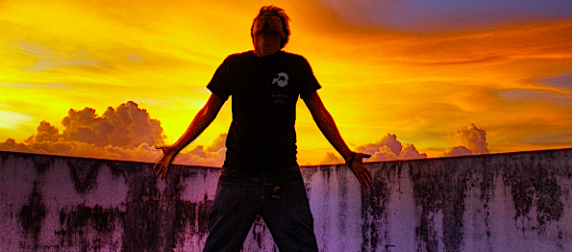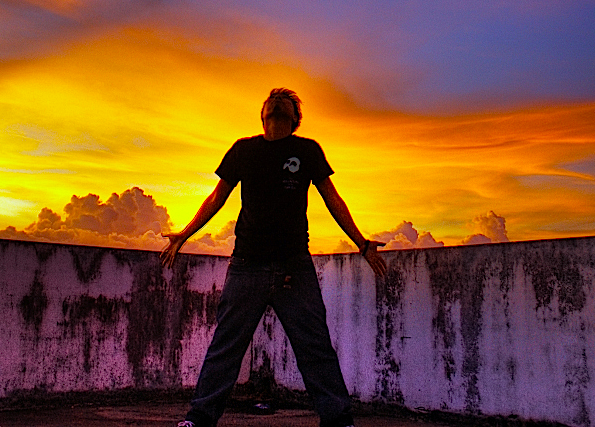Guilt and Shame in Recovery: The Humanness of Addiction
It seems as though recently there has been a lot of media focus on celebrity deaths caused by drug over dose the most recent being the death of Phillip Seymour Hoffman. The tragic loss of a renowned celebrity or athlete to a drug or alcohol-related death is an event that often leaves many unanswered questions. Famous and much-loved celebrities such as Michael Jackson, Whitney Houston, and Heath Ledger have also been the victims of such unfortunate circumstances.
It is easy to criminalize those suffering with addiction and look down as though they are less valued in society. Those who partake in drug use are seen as not being mentally strong or stable, irresponsible, not devoted or committed to their loved ones, dependant or just plain dirty. Addicts are not addicts because they want to be; they are addicts because of that first drink, sniff or smoke, and the benefits they associated with that first use. As with any substance, people turn to drugs and alcohol because they want to change something in their lives. Some of the reasons people turn to substances is to relax, fit in, escape, or to numb the overwhelming feelings whether it be stress, pain, loss, or rejection.
Think about it. After a long and stressful day at work, I can easily call a friend and say “lets meet up at the bar; I could really use a drink”. On the surface, there doesn’t seem to be anything wrong with that statement, and could easily be seen as a normal thing to do. But think for a moment why I need to get this drink, I feel tired physically and overwhelmed emotionally so I want to go have a drink because I am hoping that it will take away these feelings. We all know that is not how emotions work and that eventually these feelings will come back because I am not allowing myself to deal with or process these emotions or events. Instead, I am using alcohol as an outlet to cope. The problem in this situation is that I’m relying on something other than myself to cope with my feelings and therefore I am taking the power that belongs to me and putting the power on to something else, which in this case is alcohol. If turning to alcohol becomes a repetitive pattern, it could easily turn into an addiction.
Last year Hoffman revealed that he had entered rehab to deal with a drug problem, telling TMZ that he’d kicked a substance abuse habit for 23 years but recently relapsed. People in early addiction recovery are like ticking time bombs – relapse is often just one stressor away. For many, the holiday season is that stressor. Family conflict erupts. Reality falls short of their expectations. Stress builds. Then, friends, coworkers and family members, even those who don’t ordinarily drink, throw parties or host gatherings where alcohol or drugs are readily available. This is a powerful physical and psychological trigger for anyone in early recovery, prompting intense cravings that can feel impossible to resist. According to TMZ, Hoffman said last year that he’d fallen off the wagon, started taking prescription pills and slipped into snorting heroin.
The take home message here is that we all act, react, think, cope, behave, respond and express emotions the way we do for a reason. No one starts off doing drugs or alcohol because it smells good or tastes good. Think back to that first drink or hit. The after effects were not that great at all! It could be headache, stomach ache, severe coughing, vomiting etc. We turn to any substance whether it is drug, alcohol, shopping, sex or food because we are needing the perceived benefit that is attached to that substance. We need these as a substitute for coping with what is going on at the moment, or with all that has been compounding for years. It is that association that is dangerous and can lead to addiction.



Comments are closed.